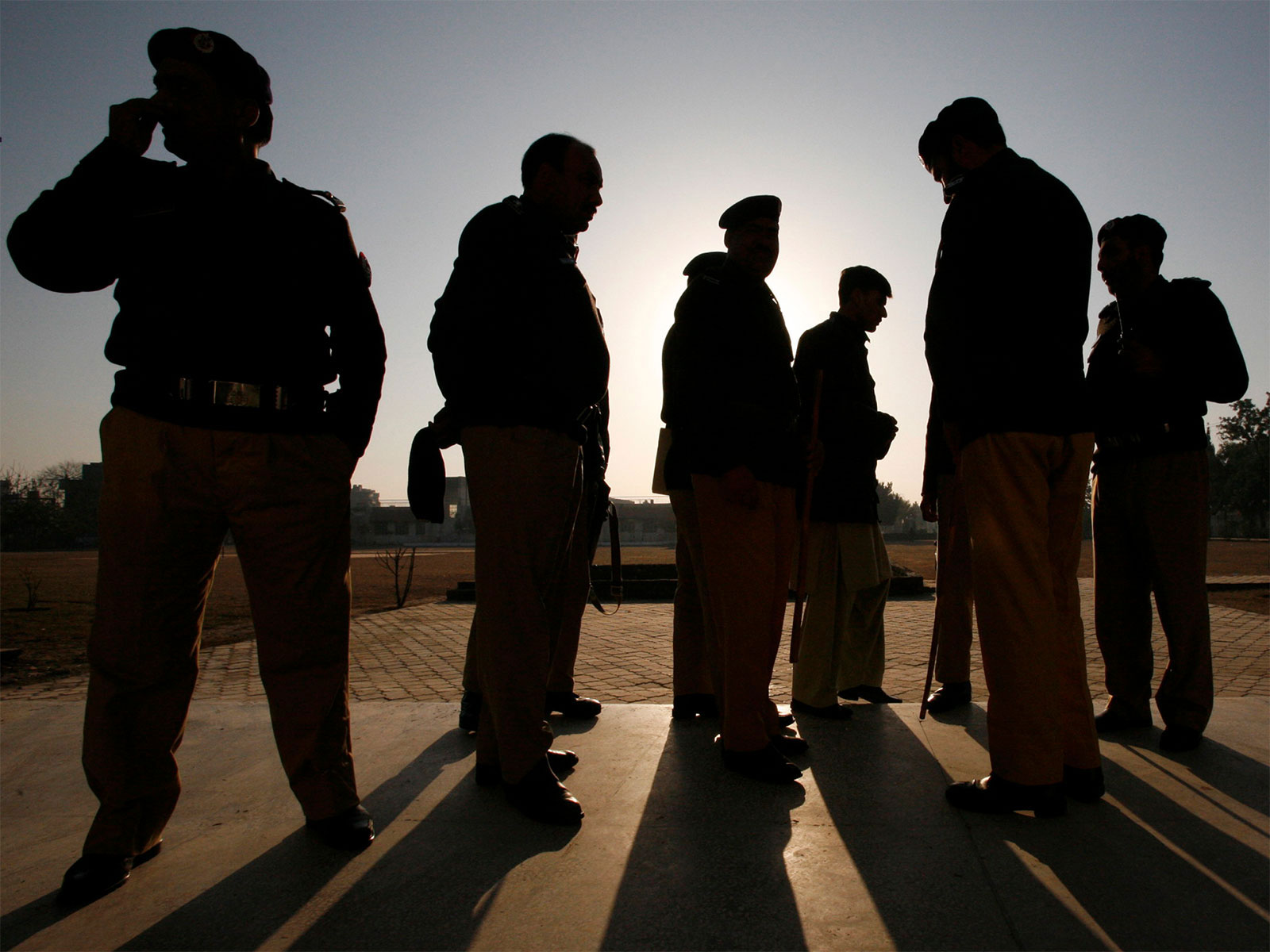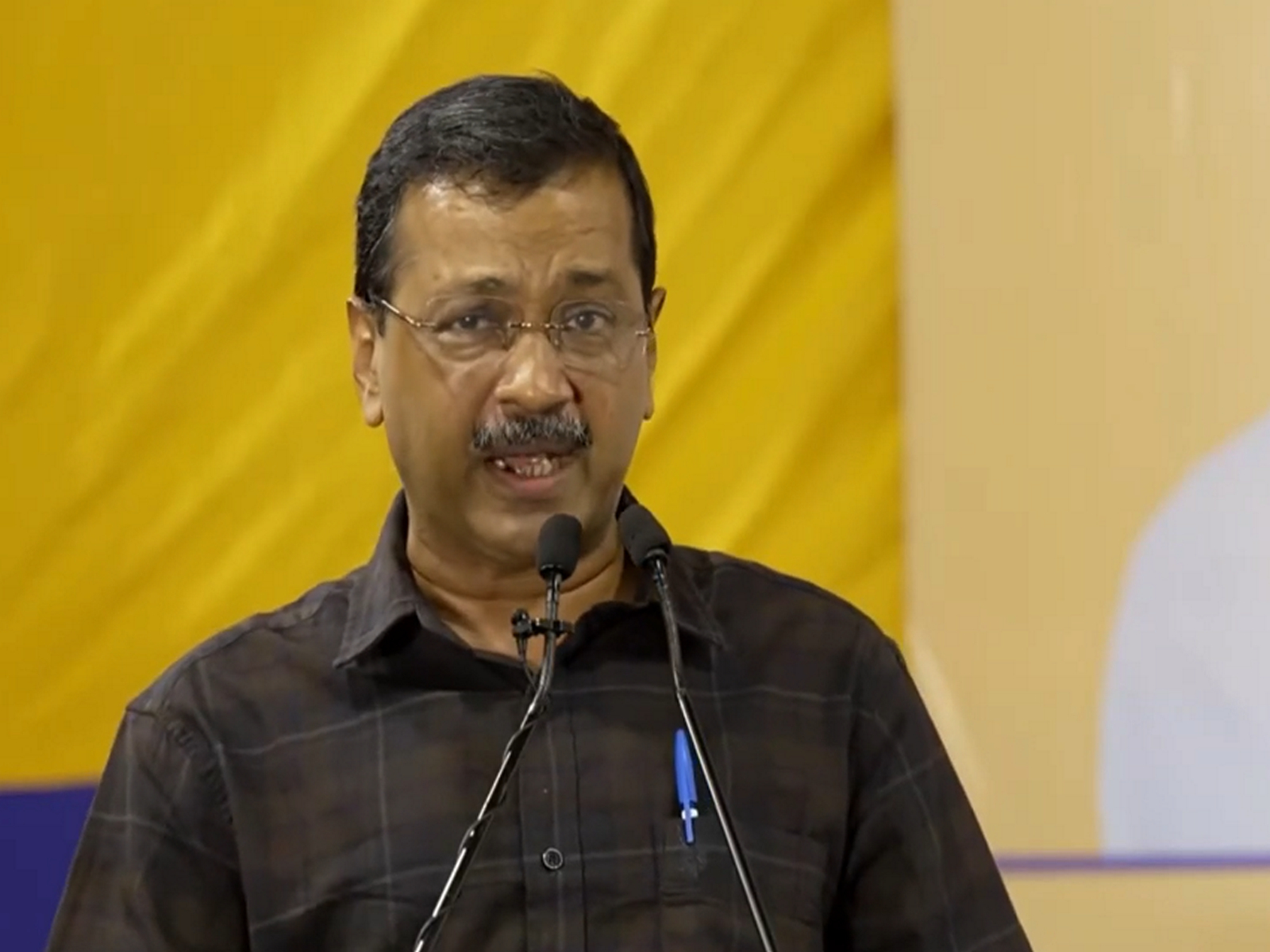China Covid: Multiple cities, including Shenzhen, Tianjin toss out Covid test rule for availing public transport
Dec 03, 2022

Beijing [China], December 3 : At least 10 Chinese cities, including Shenzhen, the technology and manufacturing hub in South China's Guangdong province, have declared the end of requirement for 48-hour Covid-19 test results to be valid before using public transportation, Global Times reported on Saturday.
Along with Shenzhen, Chengdu, Tianjin, Dalian, and Shijiazhuang are among the cities that have done away with the requirement for mandatory Covid-19 tests.
In addition, the Beijing administration announced that starting Monday, service providers for buses and subways cannot turn away people without a 48-hour negative outcome.
Over the weekend, some localities tried to improve their reactions to the pandemic, and some cities also did away with the requirement for testing before entering public areas.
Shenzhen announced early on Saturday that residents will no longer need to show proof of a nucleic acid test to enter public locations like pharmacies, parks, and outdoor tourist attractions. However, they will still need to scan a venue code to check in and present their green health code. When going to farmer's markets, residents will still need to present their nucleic acid test results.
Regular nucleic acid testing is only appropriate for specific areas and populations with high infection risks, according to Yang Zhanqiu, a professor in the pathogen biology department at Wuhan University, the Global Times reported.
Further, several limitations have also been removed in the megacity of Guangzhou, including the need for pharmacists to submit test results.
However, now that curbs have been lifted up in various regions of China, the purchase of medications for fever, cough, infection, dry throat, and painful throat has also skyrocketed, the Global Times reported citing the Beijing Municipal Market Supervision Administration.
Over the weekend, thousands of people in Shanghai, China's biggest city and financial centre, began publicly protesting the government's strict Covid-19 measures and denouncing the Chinese Communist Party's (CCP) authoritarian rule, according to Human Rights Watch (HRW).
University students across the country gathered on their campuses to demonstrate, and hundreds in Wuhan, where Covid-19 originated, Chengdu, Beijing, and other large cities also took to the streets.
The protest in Shanghai was in response to a November 24 fire at an apartment building in Urumqi, the capital of China's northwest Xinjiang region, in which at least 10 people were killed.
In the InsideOver publication, columnist Federico Giuliani argued that the Chinese Premier Xi Jinping is facing an unprecedented crisis.
"The world is keenly watching the Unthinkable collapse of Communist China as analysts believe that if Xi Jinping does not give up the Zero-COVID Clearing policy, it may lead to major changes, and China is in the midst of a major turning point," he said.


















